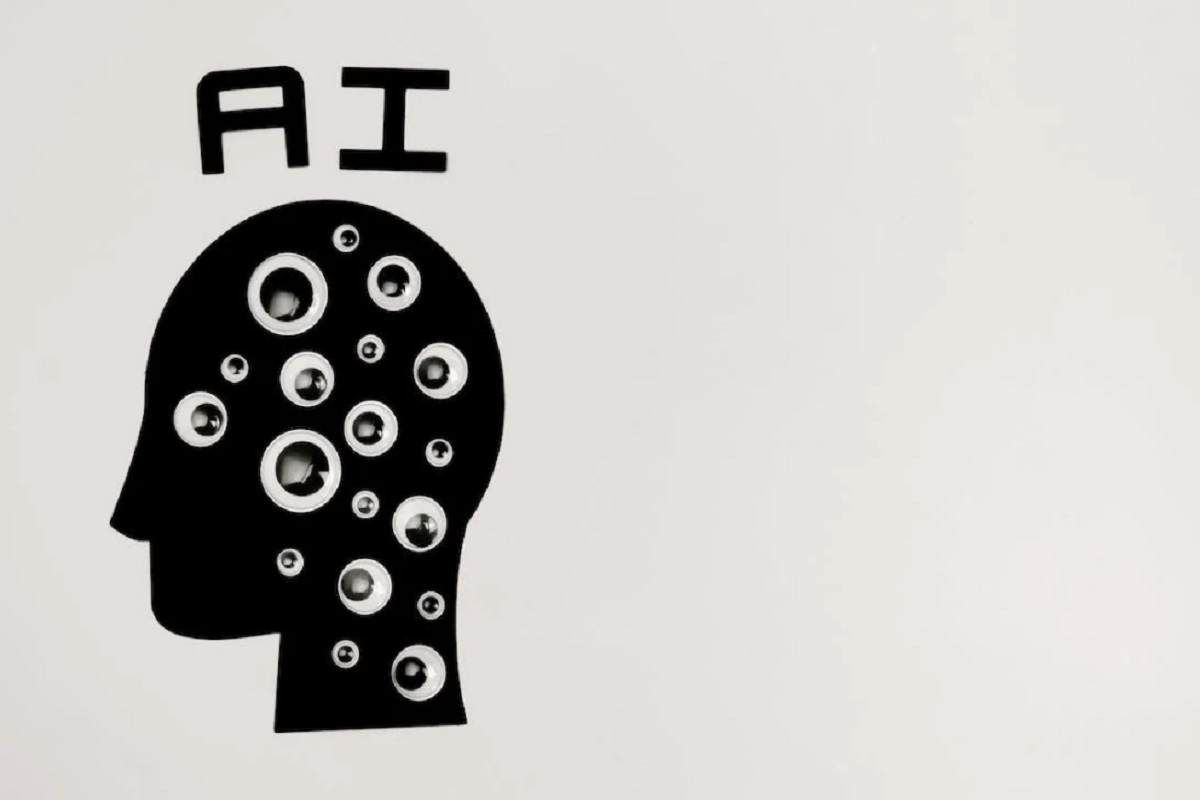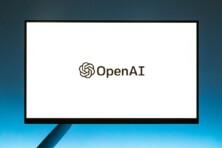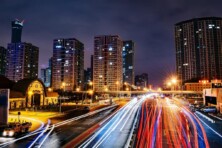The media reports that the Chinese authorities are planning to unveil strict control measures over the use of generative artificial intelligence in the near future.

The Cyberspace Administration of China (CAC), which is the supervisory authority that controls the processes taking place in the Internet space, plans to develop a kind of legal system for the high-tech industry, which provides mandatory licensing for companies to be able to create generative AI models. The relevant information was reported by the media with reference to sources aware of the intentions of Chinese regulators.
The updated legal concept of interaction between the authorities and the technology sector will be stricter compared to the current rules, which were approved in the spring of 2023. The current regulatory framework provides for the obligation of companies to register products based on artificial intelligence within ten days after its debut.
Media sources say that the licensing requirement is part of the new rules, which can be finalized before the end of July.
Matt Sheehan, a researcher at the Carnegie Endowment for International Peace, in a comment on the expected tightening of norms, said that in the context of the current situation, a kind of incident has arisen when China needs to compromise between two goals, including leadership in the field of artificial intelligence and control of the information space.
A person familiar with the content of the discussions in the CAC said that if the main effort concerns the censorship of information created by AI, Beijing will require all companies operating in the relevant sector to have the prior approval of the authorities, without which the implementation of high-tech developments will be impossible. The insider noted that a final decision on this issue has not yet been made. Separately, he stressed that in this case, it is important not to limit the opportunities of Chinese firms in the technology race.
Currently, China is a world leader in the use of artificial intelligence-based surveillance and facial recognition systems, but at the same time lags behind other countries in terms of activity in creating innovative generative artificial intelligence systems. Censorship restrictions minimize the possibility of access to data arrays that are used to train basic AI models.
The media reports that the measures currently being discussed in China to tighten control over artificial intelligence are based on an ideological and political concept that stipulates that materials created by advanced technology should promote socialist values and should not contain semantic constructions aimed at reducing the influence of the authorities, challenging the value of the current model of statehood and spreading a call for the split of the country.
Jennifer Huddleston, a research fellow in technology policy at the Cato Institute, says she is very wary of calls for large-scale AI regulation. According to her, artificial intelligence is used in many fields of activity, and a complete restriction in this case will have global consequences. She is convinced that the concept of regulation should focus on the manifestations of obvious harm to technology, but at the same time, control measures should not cancel or level out the positive aspects of the use of AI.
As we have reported earlier, China’s Central Bank Warns Against ChatGPT Data Leaks.









